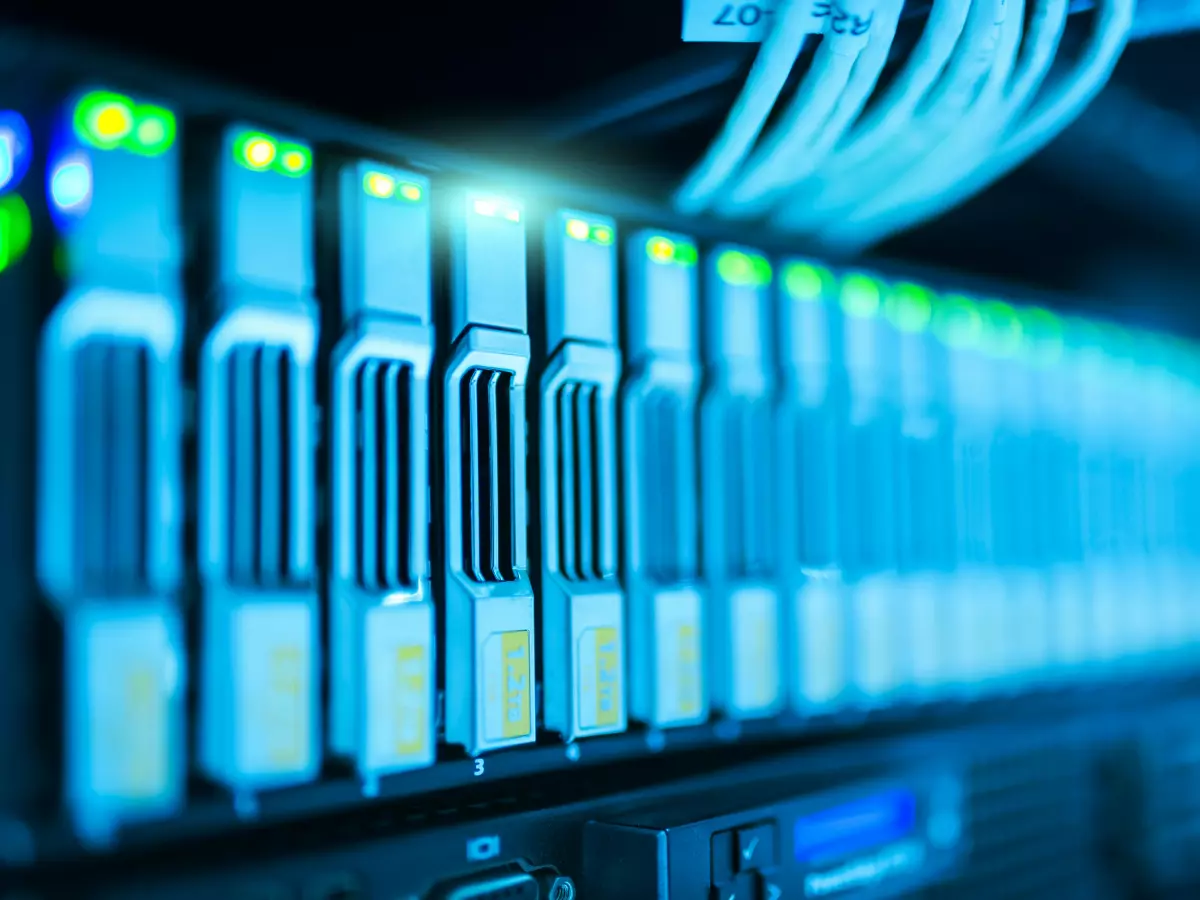AI vs. IT
Let’s face it: Artificial Intelligence is coming for your job. Or is it?

By Wei-Li Cheng
Remember when cloud computing was the hottest buzzword in enterprise IT? It wasn’t that long ago, but it feels like a lifetime in tech years. Back then, companies were scrambling to migrate their data and operations to the cloud, and IT departments were the gatekeepers of this transformation. Fast forward to today, and we’ve got a new player in town: Artificial Intelligence (AI). And it’s not just a player—it’s a game-changer. But here’s the million-dollar question: Is AI about to replace traditional enterprise IT, or will they coexist in some sort of tech harmony?
AI has been making waves across industries, from automating customer service with chatbots to predicting market trends with machine learning algorithms. It’s fast, it’s efficient, and it’s smart—sometimes, scarily so. But as AI continues to evolve, there’s a growing debate over whether traditional IT infrastructure can keep up. After all, enterprise IT has been the backbone of business operations for decades, managing everything from data storage to cybersecurity. So, what happens when AI starts to take over tasks that were once the domain of IT professionals?
The Rise of AI in Enterprise IT
AI isn’t just a fancy tool for automating repetitive tasks—it’s becoming a strategic asset for enterprises. Companies are using AI to optimize their IT infrastructure, improve decision-making, and even enhance cybersecurity. For example, AI-driven analytics can help IT teams identify potential system vulnerabilities before they become full-blown security breaches. AI can also predict hardware failures, allowing companies to perform maintenance before any downtime occurs. In other words, AI is making enterprise IT smarter, faster, and more proactive.
But here’s where things get interesting: AI is also starting to take over some of the more complex tasks traditionally handled by IT professionals. Machine learning algorithms can now manage network traffic, optimize cloud resources, and even automate software updates. This raises a critical question: If AI can do all of this, what role will IT professionals play in the future?
Will AI Replace IT Professionals?
Let’s not panic just yet. While AI is undoubtedly transforming the way enterprises manage their IT infrastructure, it’s unlikely to completely replace IT professionals—at least not in the near future. Instead, AI is more likely to augment the role of IT teams, allowing them to focus on more strategic, high-level tasks. Think of it as a partnership: AI handles the grunt work, while IT professionals focus on innovation and long-term planning.
However, this shift will require IT professionals to adapt. The days of manually managing servers and networks may be coming to an end, but that doesn’t mean IT skills are becoming obsolete. In fact, the rise of AI will likely create new opportunities for IT professionals to specialize in areas like AI integration, data science, and cybersecurity. The key will be staying ahead of the curve and embracing the new technologies that are reshaping the industry.
The Future of Enterprise IT: AI-Driven or Human-Led?
So, what does the future hold for enterprise IT? Will AI take over, or will IT professionals continue to play a critical role in managing business technology? The answer is probably a bit of both. AI will undoubtedly become a more prominent player in enterprise IT, automating many of the tasks that were once handled by humans. But IT professionals will still be needed to oversee these systems, ensure they’re running smoothly, and make strategic decisions that AI simply can’t handle—at least, not yet.
In the end, the future of enterprise IT will likely be a hybrid model, where AI and human expertise work together to drive innovation and efficiency. Companies that can successfully integrate AI into their IT infrastructure will have a competitive edge, but they’ll still need skilled IT professionals to guide the ship. So, while AI may be the future, IT professionals aren’t going anywhere anytime soon.
And who knows? Maybe one day, AI and IT will be so intertwined that we won’t even think of them as separate entities. But for now, the debate rages on: AI vs. IT—who’s leading the future?





